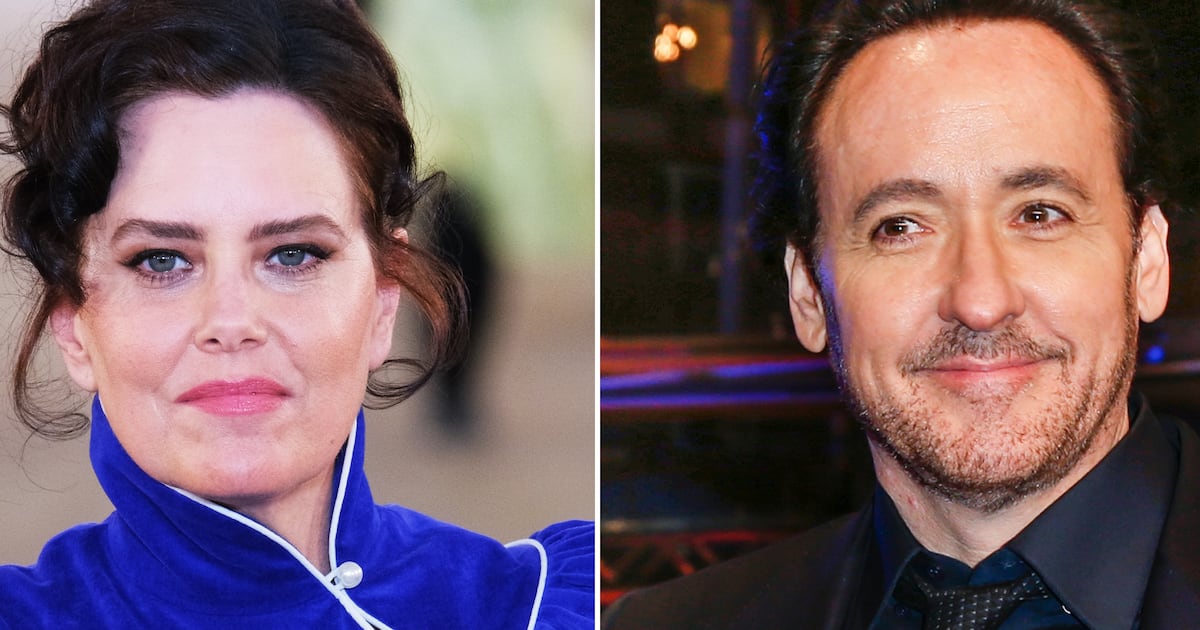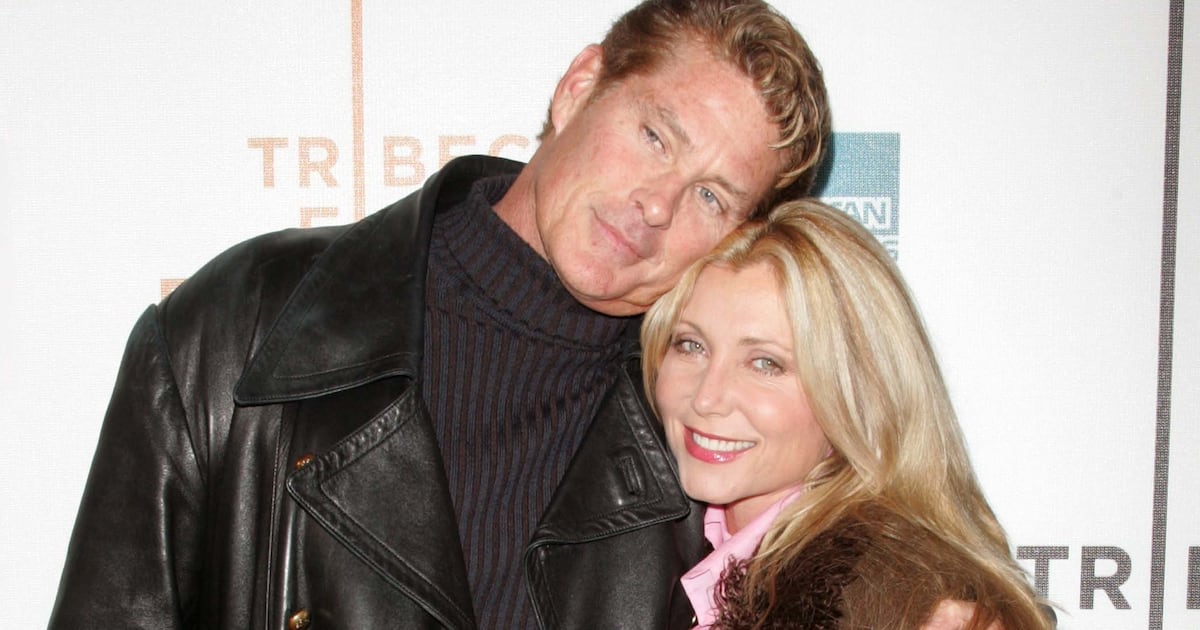There are roughly 47,000—oh, wait, a new Netflix Original just dropped; make that 47,001—TV shows and movies coming out each week. At Obsessed, we consider it our social duty to help you see the best and skip the rest.
We’ve already got a variety of in-depth, exclusive coverage on all of your streaming favorites and new releases, but sometimes what you’re looking for is a simple Do or Don’t. That’s why we created See/Skip, to tell you exactly what our writers think you should See and what you can Skip from the past week’s crowded entertainment landscape.
See: Expats
Expats is further proof that Nicole Kidman can elevate anything she stars in. In the case of this excellent, intriguing mystery, Kidman enhances material that’s already exceptional, making Expats one of the first can’t-miss shows of the year.
Here’s Fletcher Peters’ take:
“Nicole Kidman has spent the last few weeks teasing a third season of Big Little Lies, but her next tour-de-force drama series may already be here. The star’s latest high-stakes TV mystery has arrived, with shades of Nine Perfect Strangers, The Undoing, and yes, even a bit of Big Little Lies. Although her newest miniseries, Expats is a darker tale than all three of these dramas, it continues to present Kidman as one of the most gripping actresses in TV—if not the most gripping.
Expats, streaming now on Prime Video, is an adaptation of Janice Y. K. Lee’s 2016 novel The Expatriates. Created by The Farewell’s Lulu Wang, the series follows a tense community of expatriates living in Hong Kong, as well as the “helpers” (from drivers and cleaners to nannies and tutors) who make their lives livable. Although slow at certain points, Expats is otherwise exactly what we’ve come to expect from a Kidman-led drama: It’s full of twists, complex female characters, and an engrossing enigma of a plot.”
See: Griselda

Sofia Vergara in Griselda
NetflixGriselda doesn’t push the boundaries any more than your average drug and crime thriller does, but a mesmerizing Sofia Vergara strengthens the limited series with her wicked portrayal of the titular Miami cartel leader, giving the show a pure—if fleeting—high.
Here’s Coleman Spilde’s take:
“The road from beloved sitcom star to legitimate dramatic actor can be bumpy. Performers struggle to shed the characters that made them famous and convince audiences that those people they fell in love with were simply television personas—one blip in the breadth of people they can portray. For Sofía Vergara, whose 11 seasons on Modern Family made her a household name in America, this process is likely even more difficult. After Modern Family took off, so much of Vergara’s public presence was relegated to either parroting the same stories about her Colombian roots for curious white viewers, or having her body discussed in the same sentence as her talent. It’s not a stretch to say that many people saw Vergara as her sitcom character, Gloria Pritchett: an intensely lovable but ultimately stereotypical Colombian woman.
In her new limited series, Griselda (now on Netflix), Vergara makes a hard sprint in the opposite direction. Refusing to be pigeonholed as ditzy or the oft-used microaggression ‘loud,’ Vergara takes on the challenge of portraying one of the drug trade’s preeminent figures: Griselda Blanco. Blanco is credited with playing a major part in establishing the cocaine trade between Colombia and America, particularly up the United States’ Eastern Seaboard while Blanco was based in Miami. Blanco was ruthless, rich, and respected—a perfect character for Vergara to take on when looking to carve a new path in her career.”
See: Curb Your Enthusiasm Season 12

Larry David in Curb Your Enthusiasm
John Johnson/HBOCurb Your Enthusiasm’s final season reminds us over and over just how much we’re going to miss this one-of-a-kind comedy. Larry David’s lovable doofus is as charmingly dense as he’s always been, and that brand of humor makes this difficult goodbye a little easier.
Here’s Nick Schager’s take:
“Larry David bids farewell to his second all-time great TV comedy (following Seinfeld) with the twelfth and final season of Curb Your Enthusiasm. Unsurprisingly, he goes out the same way he came in—crotchety, selfish, misanthropic and petty beyond belief—which is just how fans will want it, since fundamental to the HBO series’ appeal has always been its creator/star’s unwillingness to change his cringe-worthy attitude and behavior. David knows it too, confessing during this end run, ‘I've been expecting more from myself my whole life, and it's just not there.’
Curb Your Enthusiasm’s 10-episode conclusion, which premieres Feb. 4, doesn’t pull out all the stops with an ongoing storyline that ties up loose ends and revisits every past thread. Rather, at least during its initial nine chapters (which were all that were provided to press), it’s the same old madness, with Larry finding myriad opportunities to cause trouble for himself over the most trivial incidents and slights.”
See: Genius: MLK/X
Genius: MLK/X is a fascinating tale of two revolutionary figures, not as diametrically opposed as revisionist history might like us to believe. Even when the series feels overly instructive, two solid lead performances this civil rights story from feeling too pedantic.

Hubert Point-Du Jour, Kelvin Harrison Jr, Keith Holliday, and Ja'Quan Monroe-Henderson in Genius: MLK/X
Richard DuCree/National GeographicHere’s Leila Latif’s take:
“Dr. Martin Luther King Jr. and Malcolm X met exactly one time. The two giants of the American Civil Rights movement coincidentally crossed paths on Capitol Hill as they waited for a press conference on the 26th of March, 1964. Less than a year later, Malcom X would be murdered—shot 21 times in his chest, shoulder, arms, and legs at the Audubon Ballroom in Washington Heights. Four years after that, an assassin would come for Dr. King.
That brief, fateful encounter is the starting point of Genius: MLK/X (premiering Feb. 1 on National Geographic). The fourth season of the biographical anthology series, which previously explored the lives of Einstein, Picasso, and Aretha Franklin, follows two men who have often been portrayed as diametrically opposed. King was a middle-class, highly-educated proponent of non-violence who would deliver perhaps the most beloved speech of the 20th century, declaring ‘I have a dream’ at the March on Washington in 1963. Malcolm X, by contrast, had more humble roots and was simplified, by the public eye, into the more militant of the pair, embracing Islam and a by-any-means necessary approach. To hear popular culture tell it, they couldn’t be much different in temperament and tactics. Of course, the truth is more complicated.”
Sign up for our See Skip newsletter here to find out which new shows and movies are worth watching, and which aren’t.






